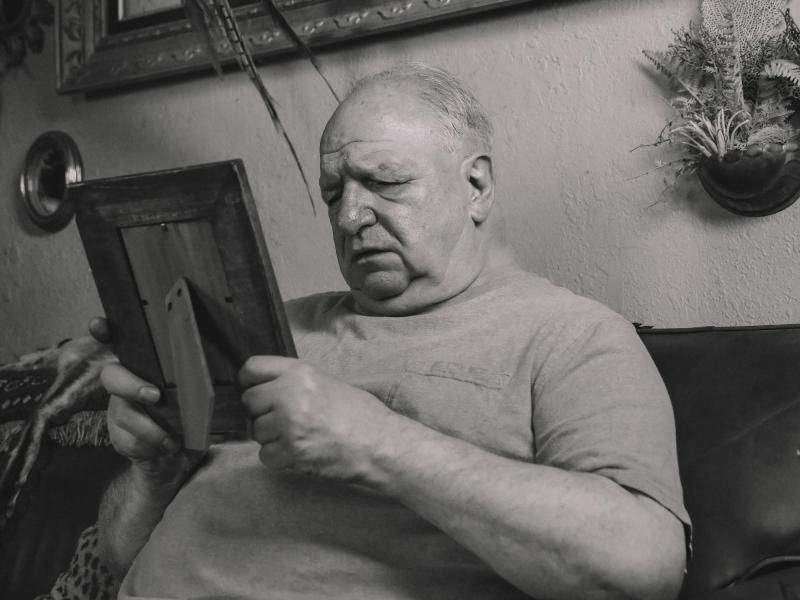
According to Dementia Australia, the condition affects nearly half a million Australians while nearly 1.6 million people are involved in their care.
What’s more, the number of people who are living with dementia is expected to double within the next 25 years.
That’s why dementia awareness is so important. In this article, we help you to understand more about this condition and what simple steps you can take to help loved ones who are affected.
WHAT IS DEMENTIA?
Dementia is not a disease in itself but a term that describes a range of symptoms caused by brain disorders.
It refers to the loss of brain function in terms of thinking, reasoning and remembering to the extent that it impacts on a person’s everyday life and activities.
People will experience dementia in different ways, and there are several different forms. One of the most common is Alzheimer’s disease, a degenerative illness that causes brain cells to die and the brain to shrink.
WHAT ARE THE SYMPTOMS OF DEMENTIA?
Symptoms of dementia include:
Memory loss
Difficulty planning, reasoning and making decisions
Disorientation and getting lost in familiar places
Difficulty with speech and language
Difficulty with everyday tasks and self-care
Changes in mood and personality — for example, the onset of aggressive or suspicious behaviour
Withdrawing from socialising
Hallucinations (seeing or hearing things that aren’t there) and/or delusions (believing things that aren’t true)
WHO DOES IT AFFECT?
Scientists don’t yet fully understand the causes of dementia. But you may be at increased risk if:
You are older — one in 10 people over 65 and three in 10 people over the age of 85 are affected by dementia.
You have lower levels of education.
You have hearing loss.
You have untreated depression.
You are lonely or isolated.
You sit for most of the day.
In rare cases, your genes may play a part in your risk of getting dementia.
Get a Medical ID
Encourage them to wear a dementia alert medical ID . This shows that the wearer is living with dementia and includes a space to write on extra information and a link to an emergency profile search to allow access to more details. It means that caregivers can give the appropriate treatment in an emergency situation or if the wearer is unable to communicate for themselves.
If your loved one has sensory issues, then a medical alert is a great choice as it’s hypoallergenic, comfortable and safe.
You may also like to consider a medical emergency ID card which gives you the space to write on details about your loved one’s condition and contact numbers in case of emergency.
Get your medical ID jewellery and Medical alert ID from MYQRMED store today.

Comentários